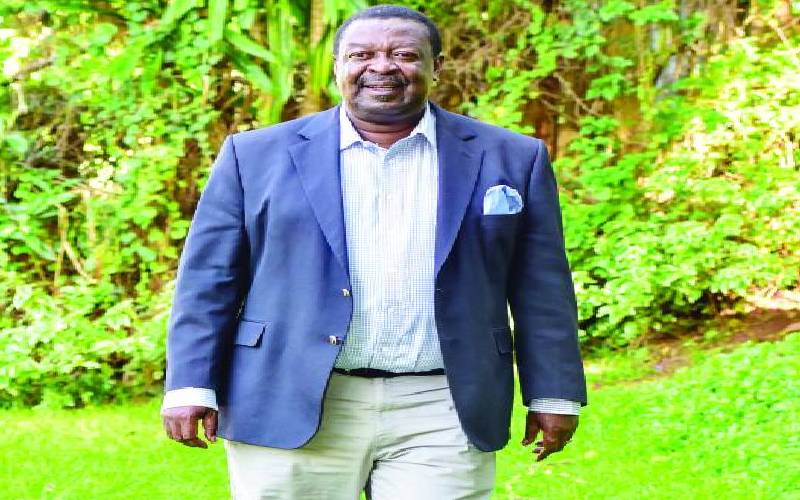×
The Standard e-Paper
Join Thousands Daily

Amani National Congress (ANC) party leader Musalia Mudavadi. [Courtesy, Standard]
Our meeting at the Musalia Mudavadi Centre in Lavington was delayed. A meeting out of the office had overrun its time and his staff had informed me that he would be late for our lunch appointment. There were others before, so I knew it would take long before we met.